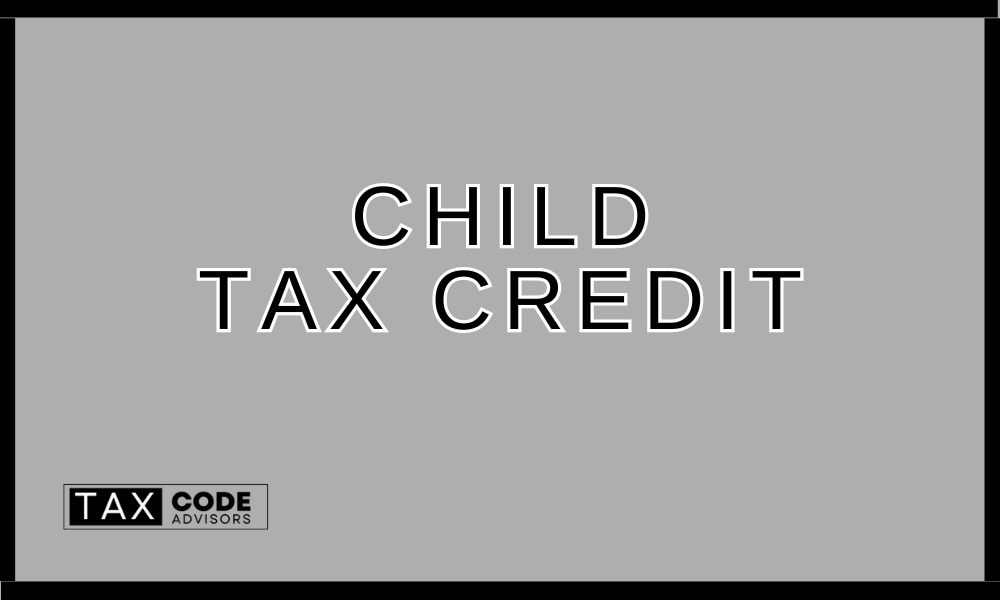
Navigating the nuances of tax season can be challenging, but for families, the Child Tax Credit offers a beacon of relief. As we inch closer to the deadline, it's vital to understand the specifics of this tax benefit and how it can provide a substantial boost to your financial wellbeing.
The Child Tax Credit is a tax benefit granted to American families to help offset the financial burden of raising children. It's designed to assist parents or guardians with the cost of childcare, education, and other expenses associated with bringing up children.
For the tax year 2023, the credit amount and phase-out thresholds have been subjects of much discussion. Typically, these amounts are adjusted for inflation, so it's crucial to stay updated with the IRS guidelines or consult with a tax professional for the most current figures.
The Child Tax Credit for the tax year 2022 was initially set at up to $2,000 per qualifying child under the age of 17 at the end of the year. However, a portion of this credit—up to $1,400 per child—could be refundable as the Additional Child Tax Credit (ACTC) if the credit amount exceeded the tax liability.
The calculation of the Child Tax Credit involves several steps:
The AGI limits play a crucial role in determining eligibility for the full Child Tax Credit. For 2022, the credit began to phase out at the following income levels:
If your AGI exceeded these amounts, the credit was reduced until it was phased out completely at higher income levels.
To be eligible for the Child Tax Credit, the child must be your dependent and under 17 years old at the end of the tax year. They must also have a valid Social Security number and be a U.S. citizen, national, or resident alien.
The Child Tax Credit is not a static entity; it can evolve with new legislation. For instance, recent laws have seen expansions and enhancements to the credit, increasing its value and the potential for a larger tax refund.
Claiming the Child Tax Credit is done when you file your federal income tax return. The credit can reduce your tax liability, and if it exceeds the amount of taxes you owe, it might result in a refund.
It's essential to ensure that you're eligible before claiming the credit. Incorrectly claiming the Child Tax Credit can result in adjustments to your return or delays in your refund.
The Child Tax Credit is a critical benefit for families, easing the financial strain of raising children. Understanding the eligibility requirements, how much you can claim, and how to properly file for this credit can make a significant difference in your tax outcome. As we prepare our tax returns, let's appreciate this provision that recognizes the importance of supporting families and the future generation.
For personalized advice or to ensure you’re making the most of the Child Tax Credit for the 2023 tax year, always consider consulting a tax professional. Stay informed, stay prepared, and let the Child Tax Credit work for you and your loved ones.